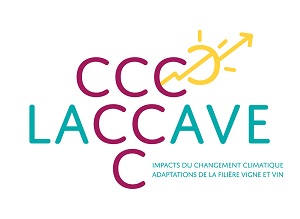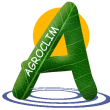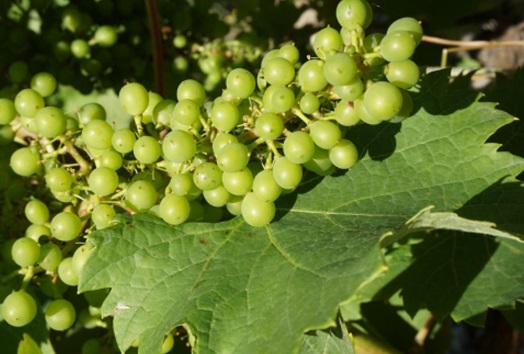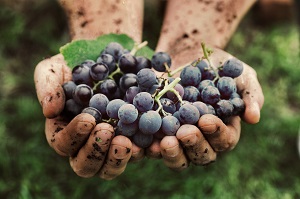LACCAVE 2.21.
Second phase of the Laccave project.
Activities carried out from 2012 to 2016 have analysed the long-term impacts of climate change on wine & vine. Scientists have also explored 4 paths of adaptation in wine areas in France in order to define local strategies.
LACCAVE 2.21 will define both local and national mid-term operational adaptation strategies (cropping systems, landscape management, wine sector policies) based on simulated eco-indicators, model projections and participative methods. The project will involve stakeholder partnerships to set-up participative approaches to ensure co-constructions of solutions.
Objectives
Relationship between grape production, wine quality, climatic conditions and geographical origins is particularly close, making climate change a major challenge for the vine and wine industry. This key economic sector in France has identified this problem and the reduction of phytosanitary inputs as one of the key challenges for the 21st century. Given the sensitivity of vine growing to climate and the complexity of this sector, at the organizational and regulatory level, it can also be considered as an example or model of adaptation management for other agri-food sectors.
The LACCAVE 2.21 project will particularly study the systemic adaptation strategies, namely those combining several levers because these are the ones that seem the most realistic. Developed theoretically on the basis of scientific knowledge and a prospective study, their practical implementation has not yet been really experienced, because this step requires the active participation of stakeholders in the sector. In this context LACCAVE 2.21 aims to provide scientific and operational knowledge, indicators, methodological tools, innovations so that operational adaptive strategies at different scales can be proposed.
Methodology
The project will be based on a combination of participatory methods, at the scientific level and with stakeholders, on modeling and data management approaches and systemic approaches. A real laboratory of ideas will aim at providing a global and integrated expertise on the major challenges of the adaptation of the vine and wine sector, such as the management of water, diseases, soil, data, territory, the evolution of the types of wine and the conditions of their development. In addition, eco-climatic indicators will be defined and crop models will be adjusted to the vine. Together, they will be used to produce vine performance simulations useful for designing more resilient production systems. Several participatory initiatives will also be launched to help build resilient systems at the local and national levels that combine reduced pesticide use with adaptation to climate change. An international network on adaptation to CC in the Mediterranean areas will also be set up.
Expected results
Expertise on complex issues related to climate change will be produced, eco-climatic and plant indicators will be made available as well as outputs of crop models. This information will help define adaptation strategies and scenarios at different scales with the actors in the sector. The results will be presented in scientific publications and other more user-friendly communication material (reports, booklets, information leaflets), press releases, databases, Web sites, an open innovation platfomr and strategic plans for the sector.
Scientific contacts
- OLLAT Nathalie (INRA - EGFV)
- TOUZARD Jean-Marc (UMR Innovations)
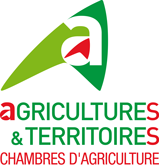
Chambres d’agriculture France (Assemblée permanente des Chambres d’agriculture - APCA)
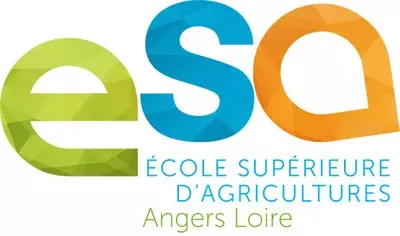
ESA - Ecole Supérieure d'Agricultures
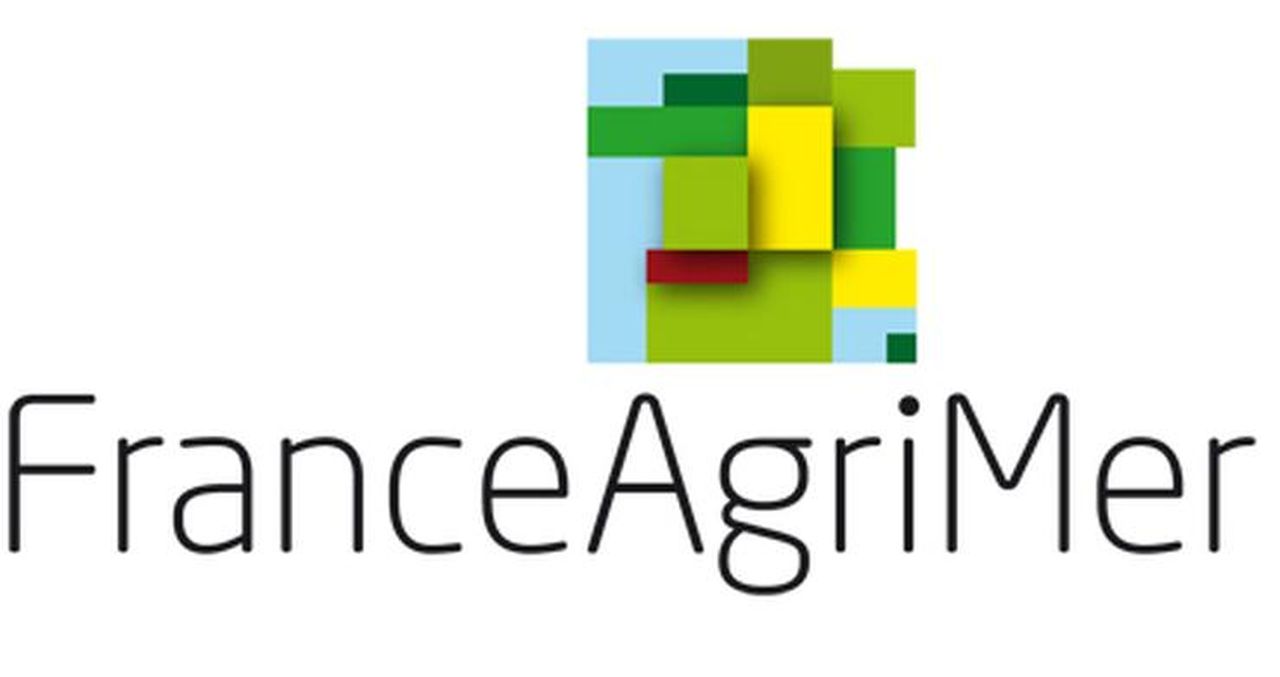
FranceAgriMer
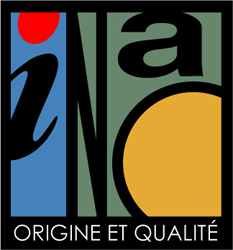
INAO - Institut National de l'Origine et de la qualité

INRA Pech Rouge Experimental unit

INRAE (UMR SVQV - Santé de la Vigne et Qualité)
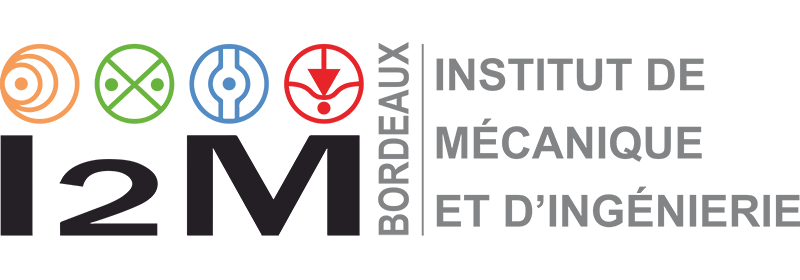
Institut de mécanique et d'ingénierie (I2M)
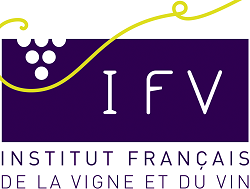
Institut Français de la Vigne et du Vin - IFV

UE Ferrade (Unité Expérimentale Vigne & Vin Bordeaux Grande Ferrade)

UE SEAV (Service d’Expérimentation Agronomique et Viticole) - INRA
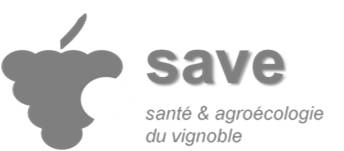
UMR - SAVE (Santé et Agroécologie du VignoblE)

UMR 6282 Biogéosciences
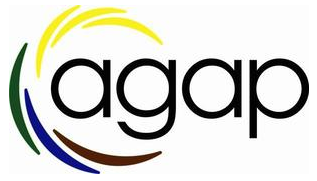
UMR AGAP (Joint Research Unit) - Genetic improvement and Adaptation of Mediterranean and Tropical Plants

UMR AGIR - AGroécologie - Innovations - TeRritoires
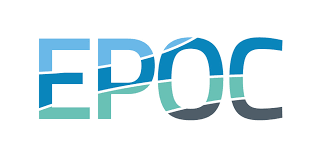
UMR EPOC (Environnements et Paléoenvironnements Océaniques et Continentaux)

UMR G-EAU (Gestion de l'eau, Acteurs, Usages,)

UMR ITAP (Information – Technologies – Analyse environnementale – Procédés agricoles)
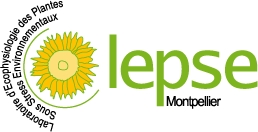
UMR LEPSE - Laboratoire d'Ecophysiologie des Plantes sous Stress Environnementaux

UMR LETG

UMR LISAH - Laboratoire d'Etude des Interactions entre Sol-Agrosystème-Hydrosystème
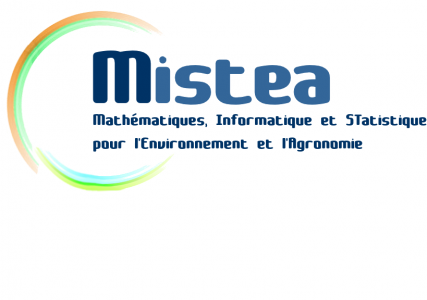
UMR MISTEA (Mathématiques, Informatique et STatistique pour l'Environnement et l'Agronomie)
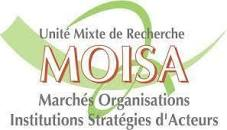
UMR MOISA (Marchés, organisations, institutions et stratégies d'acteurs)

UMR SPO - Sciences Pour l'Oenologie
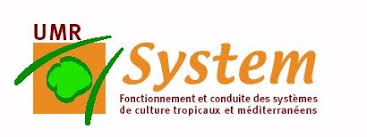
UMR SYSTEM (Joint Research Unit) - Tropical and mediterranean cropping system functioning and management)

Unité de recherche Oenologie

Compte-Rendu du Forum Prospective organisé à Montpellier le 22 novembre 2017 - projet Laccave

Compte-Rendu du forum Prospective Vigne et Vin à Bordeaux le 24 novembre 2016 - projet Laccave

Compte-Rendu du Forum Prospective Vigne et Vin à Epernay le 23 mars 2017 - projet Laccave

Compte-Rendu du forum Prospective Vigne et Vin à Macon le 28 mars 2017 - Projet Laccave

